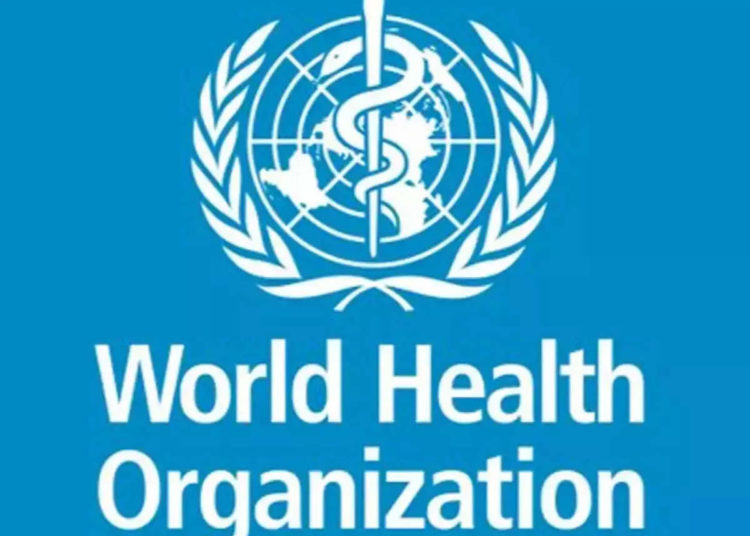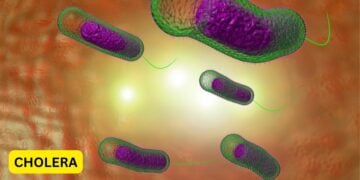National consultant, Public Health and Environment, World Health Organisation (WHO) Nigeria, Dr Edwin Isotu-Edeh said that pregnant women and children working in electronic waste (e-waste) dismantling sites across the country were most vulnerable to the health implementations.
Isotu-Edeh disclosed this during a webinar on Electronic Waste and Public Health in Nigeria, jointly organised by the Federal of Health Of Health, Federal Ministry of Environment and other MDAs with support from WHO.
He said e-waste contains over 1000 different chemical toxicants that impact negatively on human health and the environment; noting that pregnant women and children working in e-waste dismantling sites were most vulnerable in impact and exposure.
Isotu-Edeh said the sustainability of the e-waste and health intervention is key to protecting Nigeria’s gains in maternal and child health, adding that government at all levels need to invest more in reducing rising cases of cancers and other non-communicable diseases (NCDs) by protecting the environment from toxic and hazardous substances.
The director, Climate Change and Environmental Health, Federal Ministry of Health, Dr Shuaibu Bonji, restated the federal government’s commitment to public health safety.
Bonji, who was represented by Dr Jaggu Akolo, noted that the ministry was working to end the challenges of e-waste across the country, calling for more sustained partnership from all stakeholders.
The lead consultant, C-Circle Research, Dr Chimere Ohajinwa, called on all tiers of government to invest in home-grown research and stop relying on foreign evidence.
She said with increasing dependence on technology, Nigeria would continue to increase e-waste products, adding that awareness creation on e-waste management must be stepped up.











